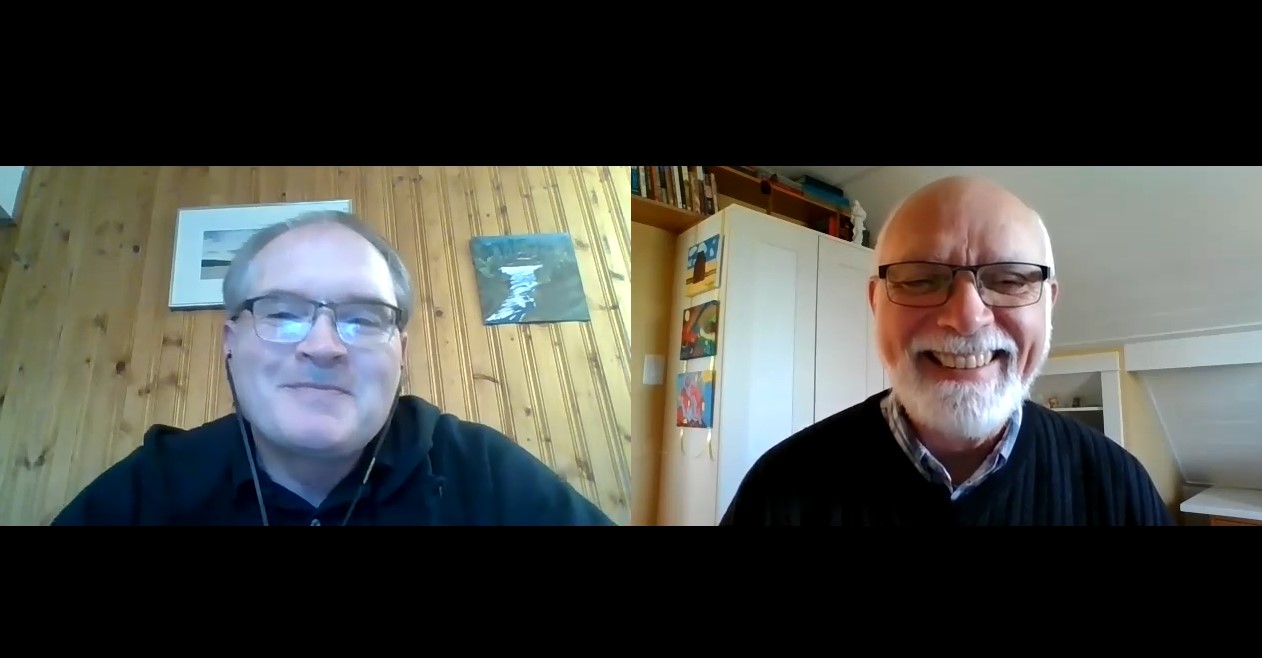James Watson has recently been a part of the research team for a multivocational ministry study in Canada. The results would indicate a strong need for those with multiple vocations to become pastors of small church. This is not without its challenges – and its rewards.
“I’ve been involved in supporting and encouraging church planting and congregation revitalization now for about about almost 20 years. And just the creativity in different places where churches are popping up and how the Holy Spirit is directing people, the kinds of biblical reflections people are having, as they engage in the creativity of having church in Canada, has been really personally refreshing to me and a very enjoyable journey.”
“With the with the pandemic, every congregation in Canada has been faced with the reality of what it means to adapt, what it means to adjust to change. And I think that’s been actually a gift from this current season. . . How do we feel about having to change, about having to make adaptations, even for things that we think are important. We want to protect the health of our communities. So we want to do things to be a healthy contributor for our own people to be healthy, for our neighbors to be healthy. I think that’s been a real mirror for us as to how is it that we respond to change? And how adaptable are we? And my opinion, from the research I’ve seen and from conversations I’ve had, is that a number of congregations are maybe a little bit surprised themselves and how well they’ve been able to adapt.”
[Should I move into multi vocational ministry?] “So one of the themes that arose with a great deal of emphasis and passion among the 40 interviewees we had. . . . was calling. So it came up in terms of when they were going through times of stress. Yeah, that it was there – their reflection on their calling, how God had directed them, what Jesus has asked them to do – that would help them to have the strength to acknowledge what God’s role was, in this overall situation. That it wasn’t all about them. That God had actually asked them to do something, God was actively participating in this, and would help them get through some of the challenging times.”
“There is sort of four broad patterns that I would discern from the responses people had about how their congregational leadership and other work. . . . The one would be sort of the, the thing I think people often think about when they think about, you know, tent making or by vocational ministry, and that’s about about the money. . . . Another thing that arose was for some people, they indicated that it was really important to them, that there was something they got of personal benefit, that wasn’t money out of the other work. . . . Often, there’s a ongoing work of the Holy Spirit at deeper levels in people’s lives, that takes more time. And so there, for some, there’s a contrast, a number of people said, This provides me with insight into people’s lives. . . . A third category that emerged from a number of the people stories, with certain the idea that their congregational work, and their other work, were actually quite integrated in their mind. And so they saw either mission or discipleship, or evangelism as being augmented by the other work that they were contributing to. And the diversity of how people saw them as being integrated, was remarkable.”

